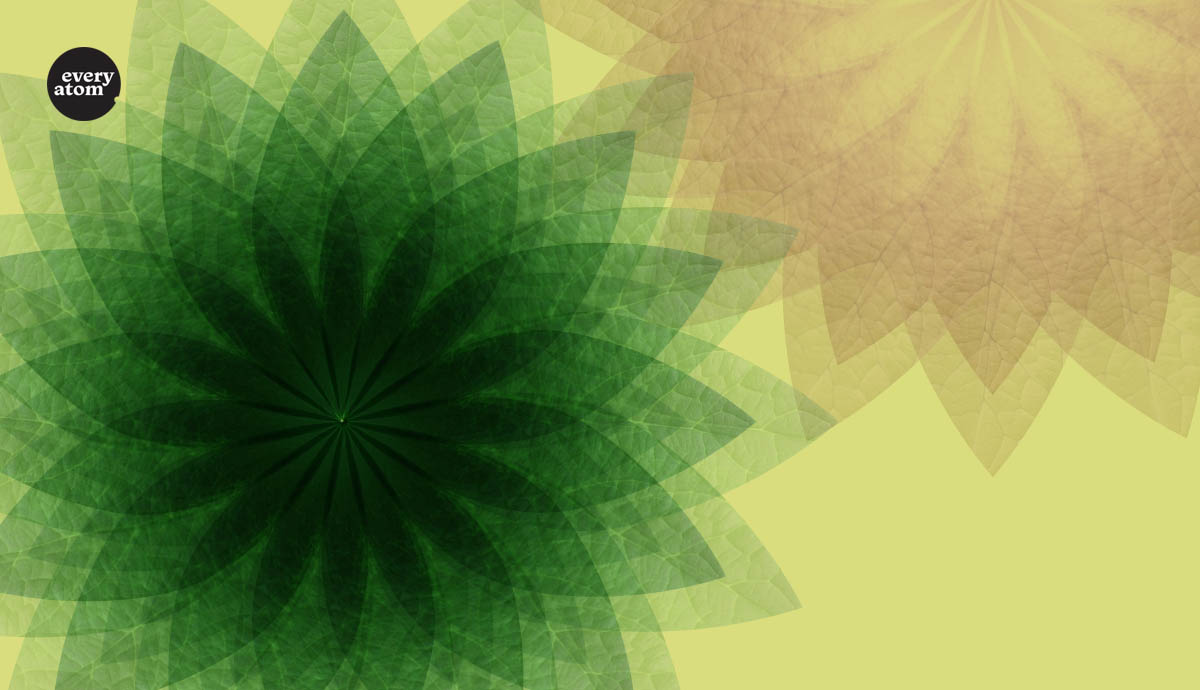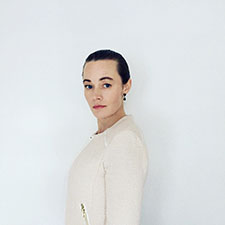Every Atom | No. 20
Introduction to Every Atom by project curator Brian Clements
My oldest copy of Leaves of Grass, which originally belonged to my late father, falls open, automatically, to these pages. Again and again over the years I have returned to these lines, in the wake of untimely deaths. Each loss was prismatic and infinite, recalling those that preceded it, foreshadowing those to come. I have spent more than a decade of my life researching Whitman, and yet the solace of this passage has never lost its sway over me.
Whitman's eerily verdant cemetery has cast a long shadow over my work. The bluegrass of my Kentucky girlhood merges with my late sister's long hair in my mind's eye whenever I visit her grave. The title poem from my first collection, Calenture, recalls Whitman's "tomb leaves" and his lifelong fascination with shipwrecks. "Calenture" is an archaic medical term for a tropical fever that afflicted sailors, who suffered from a fatal hallucination: they saw the sea as green fields. If left unrestrained, many were compelled to leap to their deaths, so great was their desire to touch the fever's grassy mirage. As was my own longing, in the harrows of mourning, to believe in a world where death does not inhibit desire. Where dying is its own strange form of luck.
Throughout Leaves of Grass, Whitman allows us to glimpse an ecoerotic afterlife where cemeteries bloom with “the beautiful uncut hair of graves” and spiritual immortality depends on regeneration. Here, decay is but a precursor to transcendence. Corpses are shapeshifters, changing from “accumulations of filth” into “divine materials.” Human particles decompose and re-emerge transformed, dispersed throughout the earth and finally incorporated into living bodies, to "filter and fibre their blood." Human kinship does not end when the beloved (or the stranger) takes her final breath. We are bound to the dead by constellations of attachments that extend beyond our own bodies, suffused into the earth below and the air we breathe. Cellular unification negates the finality of death. Grass tongues ascend through the mouths of the dead; even the "smallest sprout" speaks of the soul's infinity. This regenerative optimism lies at the heart of Leaves of Grass, assuring those left behind that "All goes onward and outward…. and nothing collapses, / And to die is different from what any one supposed, and luckier."
Recommended
Nor’easter
Post-Op Appointment With My Father
Cedar Valley Youth Poet Laureate | Fall 2024 Workshop







